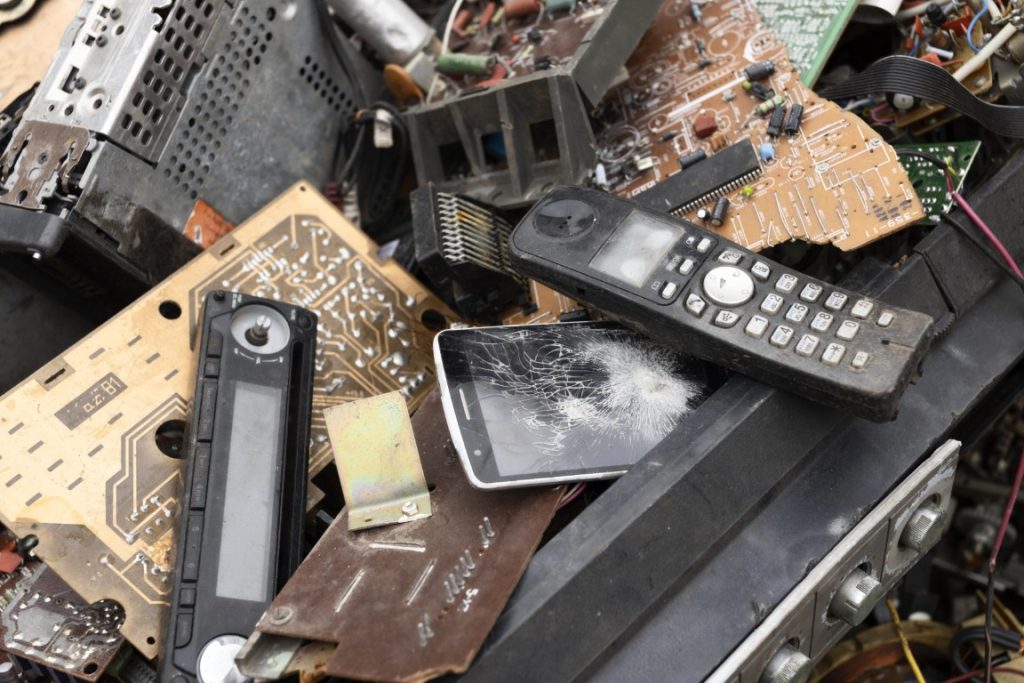
In the midst of our daily lives, we often forget the significance of certain terms and actions, particularly those related to waste management. Today, we will delve into the topic of WEEE and its importance in recycling. WEEE stands for Waste Electrical and Electronic Equipment. It includes all discarded household or business appliances that run on electricity.
The Problem with WEEE
Technological advancement brings about a surge in electronic waste. Outdated gadgets are frequently replaced with newer ones, leading to a growing pile of WEEE. This is problematic because not only does it consume considerable space, but the toxic materials within these gadgets can also seep into the ground and water, causing serious environmental and health issues.
The Importance of Recycling WEEE
Recycling WEEE comes with a multitude of benefits. Firstly, it allows for the safe disposal of electronic devices, preventing harmful materials from contaminating our environment. Secondly, valuable resources can be recovered from WEEE. For example, precious metals such as gold and copper can be extracted and reused. This reduces the demand for mining, thereby conserving our natural resources and reducing carbon emissions.
How is WEEE Recycled?
The recycling process of WEEE begins with collection and transportation. This is followed by manual disassembly, where devices are taken apart and hazardous components are removed. Subsequently, the remaining materials are shredded and sorted into metals and plastics, which are then sold as raw materials for the production of new products.
A Personal Experience
As a company dealing with the recycling of WEEE and ferrous and non-ferrous waste, we have seen first-hand the impact of responsible waste management. We’ve helped businesses and households dispose of their electronic waste in an environmentally-friendly manner, and the positive feedback we’ve received has been overwhelming. It’s heartening to see more people recognise the importance of recycling and contribute to a sustainable future.
Practical Tips for WEEE Recycling
Here are some practical tips for WEEE recycling:
- Always dispose of your electronic waste at designated recycling centres or through reputable recycling companies.
- Consider donating or selling your old gadgets that are still functional. This prevents them from becoming waste and extends their lifespan.
- When buying new appliances, choose those with better energy efficiency and longer lifespan. This not only saves you money but also reduces electronic waste.
Remember, every action counts
On a final note, let’s remind ourselves that every action counts. Even the smallest act of recycling can contribute to a larger cause. As the saying goes, “many a little makes a mickle”. Let’s all do our part in recycling WEEE for a better and greener future.
